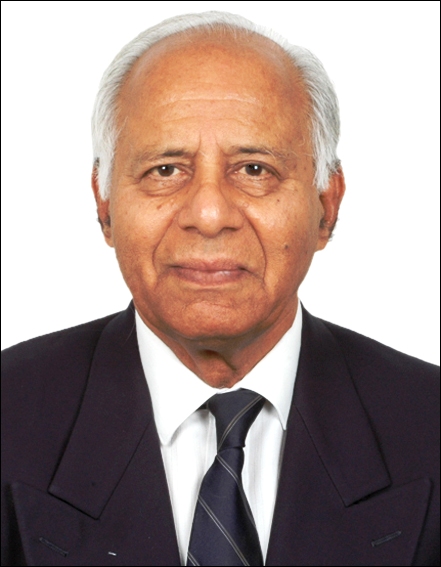
Born in Lahore on 5th January, 1930, to Savitri Devi and Shanti Sarup and brought up in an open environment, without any mental conditioning by a denominational commitment. He imbibed a deep commitment to democracy and freedom because his family participated actively in the freedom struggle. In 1947, together with his family, he went through the trauma of losing all, and then participating in rebuilding a new status and identity. He Joined the IAS in 1954 and retired in 1988 as Education Secretary, Government of India. Later, he became Chairman, National Book Trust. Also co-authored, with Sulabha Brahme, Planning for the Millions.
Editor’s note: This is one of several stories about district administration and officials in Uttar Pradesh in the 1940s-1960s.
It was February 1968. The wind was cold, and the chill was accentuated by the isolation of the place the five men were stuck in. The road between Ranikhet and Kathgodam had been blocked near the iron bridge leading to Garam Pani, Bhowali, the famous sanatorium.
They were the personal staff members of senior officers returning to Kathgodam from a conference in Ranikhet. The senior officers had managed to get escape the blockade by walking across the bridge, leaving their heavy luggage and bulky papers with their staff, who would bring it later when the blockade was lifted.